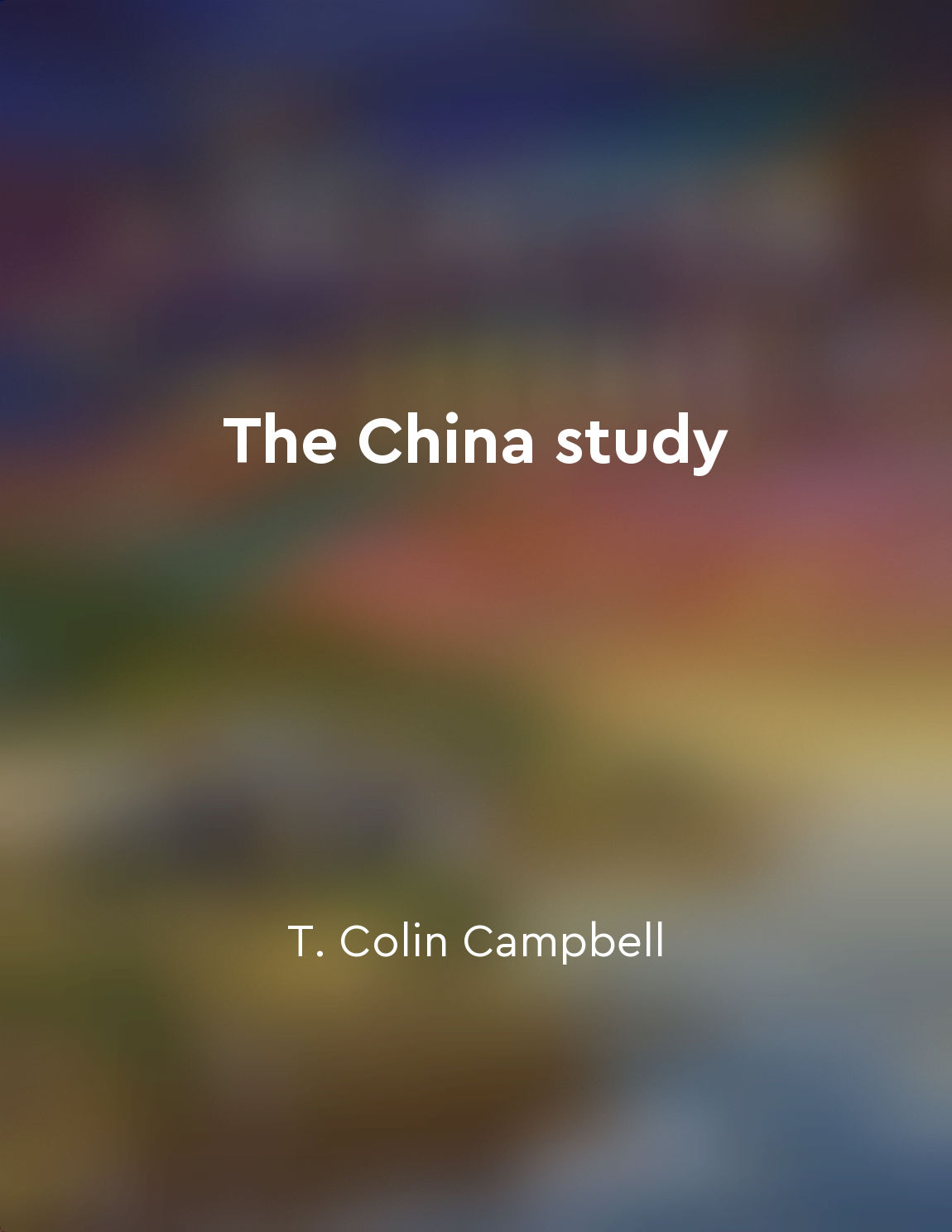Urban agriculture offers solutions to modern challenges from "summary" of Breaking Through Concrete by David Hanson,Edwin Marty
Urban agriculture is not just about growing food in cities; it is about addressing the pressing challenges of our modern world. As the global population continues to rise, and urban areas become more crowded, finding ways to produce food closer to where it is consumed is becoming increasingly important. Urban agriculture offers a solution to the problem of food security by providing fresh, locally grown produce to urban populations. In addition to food security, urban agriculture also addresses issues related to the environment and public health. By growing food in cities, we can reduce the carbon footprint of our food system by decreasing the distance that food needs to travel from farm to table. This can help to mitigate the effects of climate change and reduce air pollution caused by transportation. Furthermore, urban agriculture can help to improve public health by increasing access to fresh fruits and vegetables in areas where grocery stores are scarce. By growing food in vacant lots, rooftops, and community gardens, urban agriculture can provide nutritious options for communities that may otherwise rely on processed and unhealthy foods. This can help to reduce rates of diet-related diseases such as obesity, diabetes, and heart disease. Moreover, urban agriculture can also create economic opportunities for city residents. By growing food locally, urban farmers can sell their produce at farmers markets, restaurants, and grocery stores, generating income and creating jobs in the community. This can help to revitalize urban neighborhoods and strengthen local economies.- Urban agriculture offers a multifaceted solution to the modern challenges of food security, environmental sustainability, public health, and economic development. By growing food in cities, we can create a more resilient and equitable food system that benefits both urban residents and the planet as a whole.
Similar Posts
Listen to your body's hunger and fullness cues
Our bodies are incredibly smart and are equipped with mechanisms that tell us when we are hungry and when we are full. These cu...
A plantbased diet may not be optimal for everyone
It's tempting to believe that a plant-based diet is the key to optimal health for everyone. After all, plants are packed with v...
The dangers of artificial sweeteners
Artificial sweeteners have long been marketed as a healthier alternative to sugar, promising zero calories and a sweet taste wi...
It involves various factors working together
The process of economic development is complex and multifaceted, requiring a combination of different factors to work in unison...
Climate change is a pressing issue
The urgency of climate change lies in its ability to transform the world as we know it. It is not a distant threat but a presen...
Community gardens build bonds among diverse populations
Community gardens serve as a meeting ground where people from different backgrounds come together to cultivate the land and gro...
Biodiversity is essential for the health of the planet
Biodiversity, the vast array of species that inhabit our planet, plays a critical role in maintaining the health and balance of...

The benefits of consuming whole grains and legumes
Whole grains and legumes are essential components of a healthy diet. They offer a wide range of health benefits that can contri...
The precautionary principle should guide the regulation of genetically modified crops
The precautionary principle, when applied to the regulation of genetically modified crops, dictates that the potential risks an...

Prioritizing organic foods limits exposure to toxins
When we choose organic foods, we are making a conscious decision to prioritize our health and well-being. By opting for organic...

